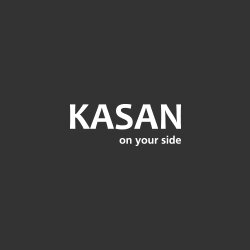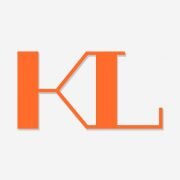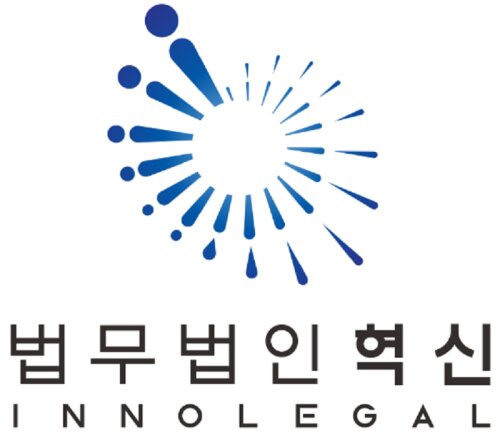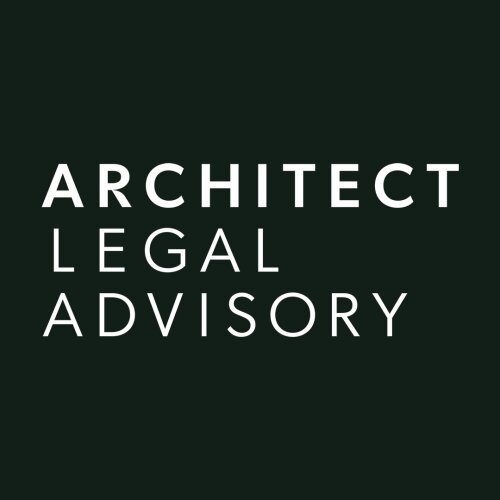Best Information Technology Lawyers in Seoul
Share your needs with us, get contacted by law firms.
Free. Takes 2 min.
List of the best lawyers in Seoul, South Korea
About Information Technology Law in Seoul, South Korea:
Information Technology (IT) law in Seoul, South Korea governs the use, storage, and transmission of digital information. It covers a wide range of issues including data privacy, cybersecurity, intellectual property, and e-commerce. Given the fast-paced nature of the IT industry, staying compliant with local laws is crucial for businesses and individuals operating in Seoul.
Why You May Need a Lawyer:
There are several situations where you may need a lawyer specializing in Information Technology law in Seoul. These include drafting and reviewing contracts, resolving disputes related to data breaches, ensuring compliance with data protection regulations, and representing you in court in case of legal disputes.
Local Laws Overview:
Key aspects of local laws related to Information Technology in Seoul, South Korea include the Personal Information Protection Act, the Act on Promotion of Information and Communications Network Utilization and Information Protection, and the Copyright Act. These laws regulate how personal data is handled, prevent cybercrimes, and protect intellectual property rights in the digital space.
Frequently Asked Questions:
1. What are the data protection regulations in Seoul, South Korea?
In Seoul, South Korea, personal data is protected under the Personal Information Protection Act. This law governs the collection, use, and transfer of personal information and imposes obligations on data handlers to ensure the security and confidentiality of data.
2. What should I do if my company experiences a data breach?
If your company experiences a data breach, you should notify the relevant authorities and affected individuals immediately. It is advisable to seek legal advice to mitigate the impact of the breach and ensure compliance with data protection regulations.
3. Can I transfer personal data outside of Seoul, South Korea?
Transferring personal data outside of Seoul, South Korea is subject to certain restrictions under the Personal Information Protection Act. You may need to obtain consent from the data subjects or implement adequate safeguards to ensure the protection of personal information.
4. How can I protect my intellectual property rights in Seoul?
You can protect your intellectual property rights in Seoul by registering your patents, trademarks, and copyrights with the Korean Intellectual Property Office. It is also recommended to draft clear agreements with employees and business partners to safeguard your intellectual property assets.
5. What are the penalties for non-compliance with Information Technology laws in Seoul?
Non-compliance with Information Technology laws in Seoul, South Korea can result in fines, civil liabilities, and even criminal prosecution. It is important to adhere to legal requirements and seek legal advice to avoid potential consequences.
6. Can I use electronic signatures for contracts in Seoul?
Electronic signatures are legally recognized in Seoul, South Korea under the Electronic Signature Act. However, certain types of contracts may require handwritten signatures or specific formalities to be valid.
7. What rights do consumers have in e-commerce transactions in Seoul?
Consumers in e-commerce transactions in Seoul, South Korea are protected under the Act on Consumer Protection in Electronic Commerce. This law grants consumers the right to cancel orders, return goods, and seek compensation for damages in case of fraud or misrepresentation.
8. How can I ensure compliance with cybersecurity regulations in Seoul?
To ensure compliance with cybersecurity regulations in Seoul, South Korea, businesses should implement robust security measures, conduct regular risk assessments, and provide cybersecurity training to employees. It is also advisable to engage with IT professionals and legal experts to strengthen cybersecurity posture.
9. Can I be held liable for content posted by users on my website in Seoul?
As a website operator in Seoul, South Korea, you may be held liable for content posted by users on your website under the Act on Promotion of Information and Communications Network Utilization and Information Protection. It is important to monitor user-generated content and implement measures to address illegal or harmful content.
10. What legal considerations should I take into account when developing new IT products or services in Seoul?
When developing new IT products or services in Seoul, South Korea, it is essential to consider legal aspects such as intellectual property protection, data privacy, consumer rights, and cybersecurity. Consulting with a legal expert specializing in Information Technology law can help you navigate these complexities and ensure legal compliance.
Additional Resources:
For additional resources on Information Technology law in Seoul, South Korea, you can refer to the Korean Communications Commission, Korean Ministry of Science and ICT, and Korea Internet & Security Agency. These governmental bodies provide guidance, regulations, and support for individuals and businesses operating in the IT sector.
Next Steps:
If you require legal assistance in Information Technology in Seoul, South Korea, it is recommended to contact a reputable law firm with expertise in IT law. Schedule a consultation to discuss your specific legal needs and explore available options to protect your interests in the dynamic digital landscape of Seoul.
Lawzana helps you find the best lawyers and law firms in Seoul through a curated and pre-screened list of qualified legal professionals. Our platform offers rankings and detailed profiles of attorneys and law firms, allowing you to compare based on practice areas, including Information Technology, experience, and client feedback.
Each profile includes a description of the firm's areas of practice, client reviews, team members and partners, year of establishment, spoken languages, office locations, contact information, social media presence, and any published articles or resources. Most firms on our platform speak English and are experienced in both local and international legal matters.
Get a quote from top-rated law firms in Seoul, South Korea — quickly, securely, and without unnecessary hassle.
Disclaimer:
The information provided on this page is for general informational purposes only and does not constitute legal advice. While we strive to ensure the accuracy and relevance of the content, legal information may change over time, and interpretations of the law can vary. You should always consult with a qualified legal professional for advice specific to your situation.
We disclaim all liability for actions taken or not taken based on the content of this page. If you believe any information is incorrect or outdated, please contact us, and we will review and update it where appropriate.
















